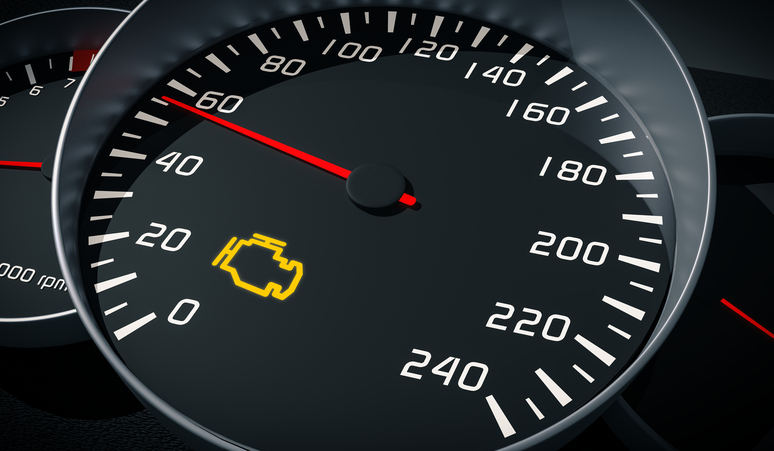Omnitek Engineering Corp., which develops and sells proprietary diesel-to-natural gas conversion systems, says it will participate in a $1.5 million grant study with its partner Olson-Ecologic Testing Laboratories, based in Fullerton, Calif., to demonstrate its clean natural gas engine technology for off-road, heavy-duty construction vehicle applications in the greater Los Angeles area.
As reported, Omnitek Engineering will develop an 18-liter Caterpillar natural gas engine capable of operating on compressed natural gas, liquefied natural gas or low-carbon intensive renewable biogas by utilizing its patented diesel-to-natural gas engine conversion technology.
Olson-Ecologic Engine Testing Laboratories will serve as project manager and be responsible for rigorous testing at its facility prior to demonstrations under real-life conditions. Additional information is available on the California Energy Commission website and the GFO-16-506 grant documents.
“Construction equipment is the largest category of off-road emissions in the South Coast Air Basin, accounting for about one-third of the off-road NOx and PM 2.5 emissions, according to information provided by the California Air Resources Board,” says Werner Funk, president and CEO of Omnitek Engineering Corp. “Our goal is to demonstrate the cost-effective alternatives to reduce carbon emissions, improve air quality and facilitate fleet compliance requirements by introducing advanced technology natural gas engines to the traditionally diesel-powered off-road construction industry.”
Funk notes that the anticipated successful demonstration will be supportive of California’s A.B.32, A.B.118 and S.B.1250, as well as the Integrated Energy Policy Report and the Natural Gas Vehicle Research Roadmap.
He adds that heavy-duty diesel off-road machinery has a long service life and, therefore, is replaced less frequently than on-road heavy-duty trucks. The long service life of heavy-duty off-road machinery results in a very slow rotation of the fleet to cleaner technology.
“We are advocating a cost-effective repower of existing older machines with Tier 4-compliant NG engines instead of replacing vehicles by purchasing new Tier 4-compliant diesel machines,” Funk says. “Such engine repower is especially cost-effective when it is performed during a scheduled engine overhaul or major engine refurbishing. Since OEM natural gas engines are not readily available for the largest of the off-road machines, diesel-to-natural gas engine conversion is a viable and cost-effective alternative. For the lower-power, off-road machines, on-road natural gas engines could be modified by the OEM and produced for off-road use.”
Funk highlights the low-cost and clean-burning benefits of natural gas, particularly as oil prices begin to increase and emissions policies address the 200-nation “Paris Agreement on Climate Change” that was recently signed.
“CO2, NOx and black carbon emissions from diesel engines, potent greenhouse-gas emissions, are abated when using natural gas, and our technology offers countries around the globe a viable and proven solution,” he says.







